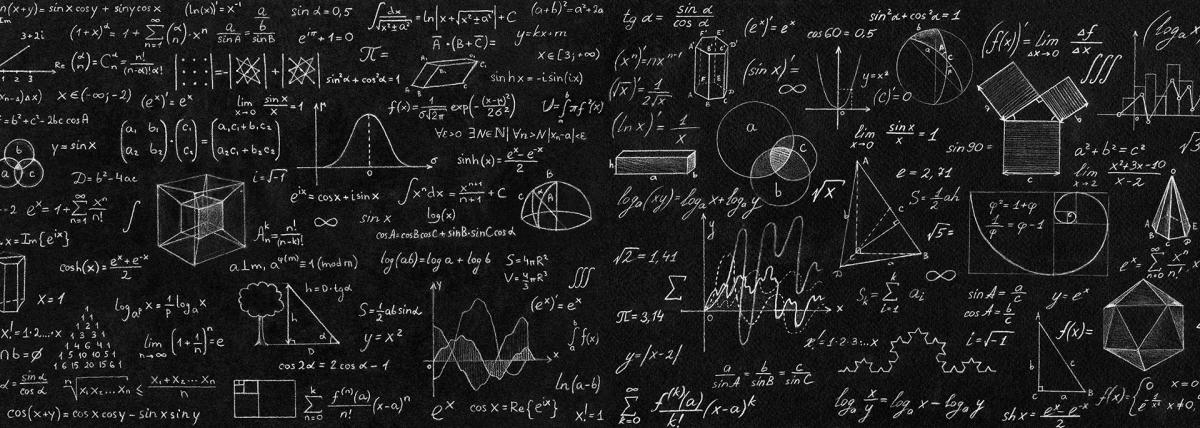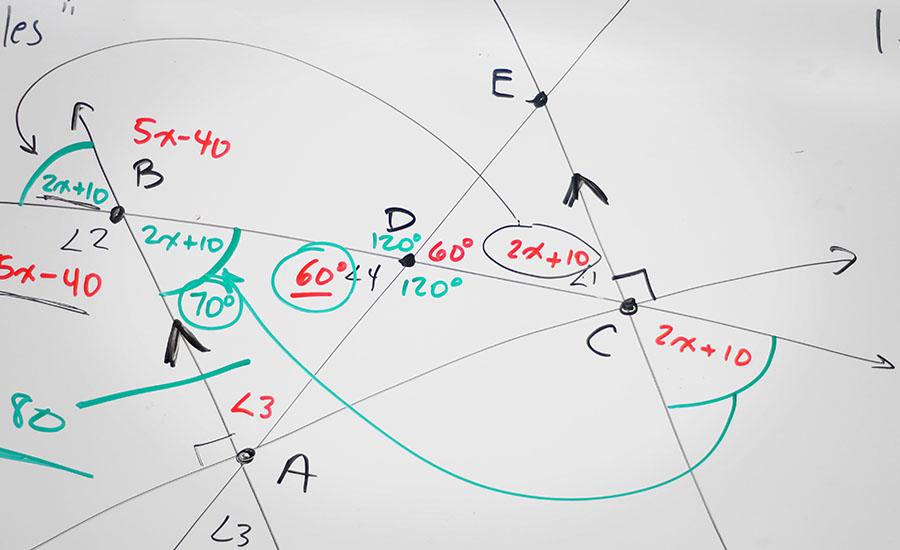
Grades:
3rd Grade, 4th Grade, 5th Grade, 6th Grade, 7th Grade, 8th Grade, 9th Grade, 10th Grade, 11th Grade, 12th Grade
In this hands-on lesson, students use the engineering design process (EDP) to create a prototype of a device that can prevent squirrels from accessing a bird feeder. This is a great way to integrate

Grades:
3rd Grade, 4th Grade, 5th Grade, 6th Grade, 7th Grade, 8th Grade, 9th Grade, 10th Grade, 11th Grade, 12th Grade
In this engaging lesson, students explore how size, strength, weight and time constraints can impact space transportation. There are a variety of resources included with this lesson.

Grades:
3rd Grade, 4th Grade, 5th Grade, 6th Grade, 7th Grade, 8th Grade, 9th Grade, 10th Grade, 11th Grade, 12th Grade
In this hands-on lesson, students apply their understanding of the engineering design process to build a tower made of index cards that can hold an object. There is a link to a prerequisite lesson

Grades:
7th Grade
Students will conduct a lab activity to gather information about how the heart rate can be affected by rest and by exercising. They will learn how to calculate their own target heart rates using a

Grades:
3rd Grade
First students will learn what engineers do and a few different strategies they might use to build strong buildings. Students will create a structure of any shape using given materials to withhold two

Grades:
7th Grade
The lesson introduces Boolean operations as a tool for searching and then relates the effect of the Boolean operator to the similar effect in Boolean logic as a means to introduce Boolean logic and

Grades:
3rd Grade
In this lesson, students will design a game to practice multiplication and division facts through 100. They will only be allowed to use the following materials: popsicle sticks, small stones, sidewalk

Grades:
6th Grade
In this lesson, students will collaborate to design and engineer a product to contain and clean up an oil spill while saving the affected wildlife. They will also accurately complete an itemized

Grades:
2nd Grade
This is about a one hour lesson where students work in small groups of 2-4 to get their robot around their table using estimation of centimeters. Students will write a program in Blockly that gets the

Grades:
6th Grade, 7th Grade, 8th Grade
In this lesson, students will investigate the properties of a mixture, as if it were a contaminated soil sample near a stream. This activity will show students that heterogeneous mixtures can be

Grades:
9th Grade, 10th Grade, 11th Grade, 12th Grade
Using the Introduction to Hydroponics lab, introduce students to the features of the Hydroponic Systems. Students will explore the different types of grow mediums and grow lights used in the systems

Grades:
6th Grade
Students explore the limiting factors of yeast over 2-3 days. The materials needed are yeast, sugar, water, ice, tea kettle, empty soda or water bottles, balloons, graduated cylinder, string, ruler

Grades:
Kindergarten
In this fun lesson, students solve addition or subtraction equations. They will show their answers on a math paper or grid by coding a Bee-Bot to show their answer. This is a great way to incorporate

Grades:
5th Grade
In this creative lesson, students will create a simple machine to retrieve objects through a makeshift storm drain. There is a potential literacy integration and a focus on the engineering design
